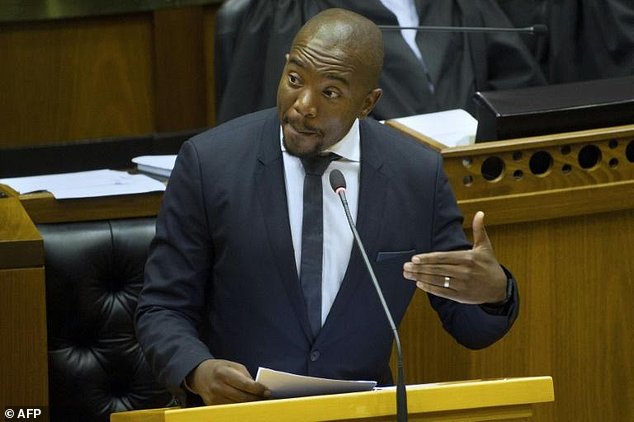The 2022 federal Canadian budget rolled out Thursday bans foreigners from buying residences for two years and allocates CAN$8 billion ($6.3 billion) for increased military spending.
Those were two of the highlights of the budget – which includes CAN$60 billion ($47.6 billion) in total new spending – delivered by Finance Minister Chrystia Freeland.
Foreign ownership of residences being illegal is included in a CAN$10 billion ($7.9 billion) plan aimed at making housing more affordable for Canadians as prices have soared with inflation at its highest peak in decades and interest rates rising.
Prices have escalated to the point that a recent survey found that nine out of 10 Canadians have given up ever owning a home, with the average selling price now at CAN$816,720 ($648,761).
When the Liberal government of Prime Minister Justin Trudeau came to power in 2015, the average selling price was CAN$456,186 ($361,580).
The CAN$8 billion is targeted for beefing up the North American Aerospace Defense Command (NORAD) that Canada maintains with the US. NORAD is to safeguard North America, and that is now considered a priority due to Russia’s war in Ukraine.
It does not include, however, the promise of Canada spending a lot more as its financial contribution to the North Atlantic Treaty Organization (NATO).
Ukraine was not forgotten in the budget either. The beleaguered country will receive CAN$500 million ($397 million) in additional military aid and more humanitarian and financial support.
Other budget highlights include:
– A surtax on Canada’s big banks that have been recording record profits during the coronavirus pandemic.
– Reduction of the CAN$58.4 billion (US$46.4 billion) deficit remains a “core” fiscal goal, Trudeau told reporters Wednesday, although details on how to do that are sketchy.
– A new national health care plan providing Canadians with free dental care, beginning with children under 12, then a year later bringing in coverage for other age groups and for everyone by 2025.
Freeland said the new spending in the budget is possible because the Canadian economy has roared back from the dwindling pandemic concerns.
While the opposition Conservative Party said it will not support the budget, the New Democratic Party will, and when combined with the Liberals, that is enough to ensure passage of the 2022 budget.




